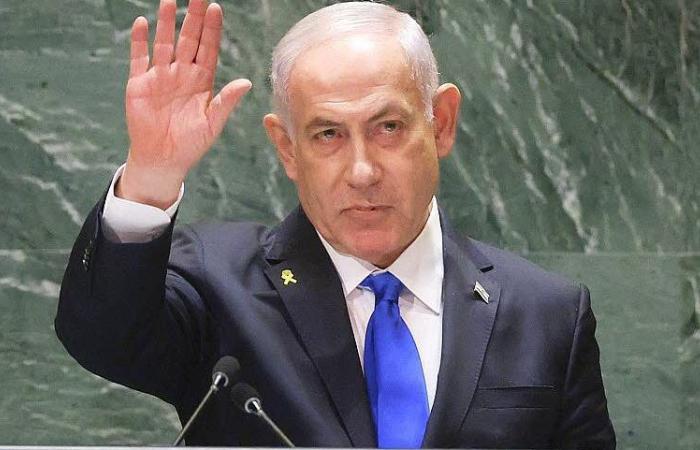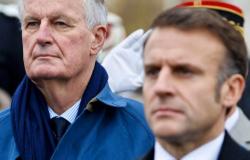
Israeli Prime Minister Benjamin Netanyahu benefits from “immunity” which “must be taken into consideration” despite the arrest warrant issued against him by the International Criminal Court, French diplomacy said on Wednesday.
The French Ministry of Foreign Affairs invokes the obligations provided for in international law linked to “immunities of States not parties to the ICC”, which is the case of Israel, and adds that “such immunities apply to Prime Minister Netanyahu and other ministers concerned” by an arrest warrant from the Court.
“Working closely with Netanyahu”
These immunities “will have to be taken into consideration if the ICC were to ask us for their arrest and surrender,” continues the ministry.
An article in the 1998 Rome Statute establishing the ICC addresses the issue of immunity for leaders of countries that do not recognize the court, although it may remain open to various interpretations.
“France intends to continue to work in close collaboration with Prime Minister Netanyahu and other Israeli authorities to achieve peace and security for all in the Middle East,” concludes the French Ministry of Foreign Affairs.
The head of the Ecologists Marine Tondelier described this “immunity” as a “shame”.
This content is blocked because you have not accepted cookies and other trackers.
By clicking on “I accept”cookies and other trackers will be placed and you will be able to view the contents (more information).
By clicking on “I accept all cookies”you authorize the storage of cookies and other trackers for the storage of your data on our sites and applications for personalization and advertising targeting purposes.
You can withdraw your consent at any time by consulting our data protection policy.
Manage my choices
I accept
I accept all cookies
No clear position from France
Since the ICC's announcement of the arrest warrant targeting Benjamin Netanyahu, France had repeated that it would apply its obligations under international law, but without clearly saying whether it would arrest the Israeli Prime Minister if he came to France. .
A position that is more vague than other countries, such as Italy and the United Kingdom, which immediately announced that they would respect their commitment to the ICC.
The clarification of the French position comes a few hours after the entry into force, early Wednesday morning, of a ceasefire between Israel and Hezbollah, after more than a year of cross-border hostilities and two months of open war. between the Israeli army and the armed Lebanese movement supported by Iran.
This ceasefire was notably made possible by an intense diplomatic effort carried out jointly for several months by the United States and France.
France





